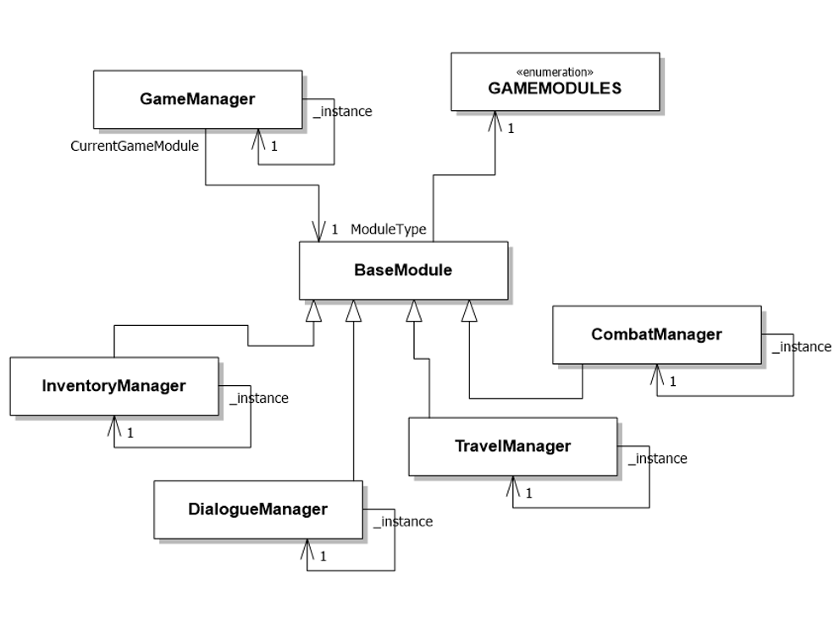Sağlık Bilişimi EABD Yüksek Lisans ve Doktora Programları ile Biyoenformatik Yüksek Lisans programına, 2019-2020 Eğitim Öğretim Yılı sonbahar dönemi için 29 Nisan – 19 Haziran 2019 tarihleri arasından başvurularını tamamlamış 1.Grup başvurularına ait yapılan mülakatlar neticesinde, programa kabul edilen öğrencilerin isimleri aşağıda belirtilmiştir.
ÖNEMLİ NOT: Birinci grup kabul listesinde ismi bulunmayan adaylar, ikinci grup başvurularda tekrar değerlendirileceklerdir. Bu adaylar isterlerse 02-19 Ağustos 2019 tarihleri arasında açılacak online başvuru sisteminde mevcut başvurularında güncelleme yapabileceklerdir. İkinci grupta değerlendirilecek adayların mülakatları 27 Ağustos-5 Eylül 2019 tarihleri arasında gerçekleştirilecektir. Ayrıntılı bilgiye Enformatik Enstitüsü web sayfası http://ii.metu.edu.tr/tr/duyuru/lisansustu-basvurularla-ilgili-onemli-duyuru adresinden ulaşabilirsiniz.
* Programa yeni kabul edilen öğrencilerimizle ayrıca, etkileşimli kayıtlar haftasında oryantasyon toplantısı yapılacak olup, web sayfamız üzerinden toplantı tarih ve saat bilgileri yayınlanacaktır.
1.Grup Doktora Programı Kabul Listesi
Habibe Cansu Demirel
Cansu Dinçer
Amin Zabardast
1.Grup Tezsiz Yüksek Lisans Programı Kabul Listesi
Sıla Türkü Kökerer
Sibel Sel
1.Grup Biyoenformatik Yüksek Lisans Programı Kabul Listesi
Mehmet Dinç (Bilimsel Hazırlık)
Arda Eskin (Bilimsel Hazırlık)
